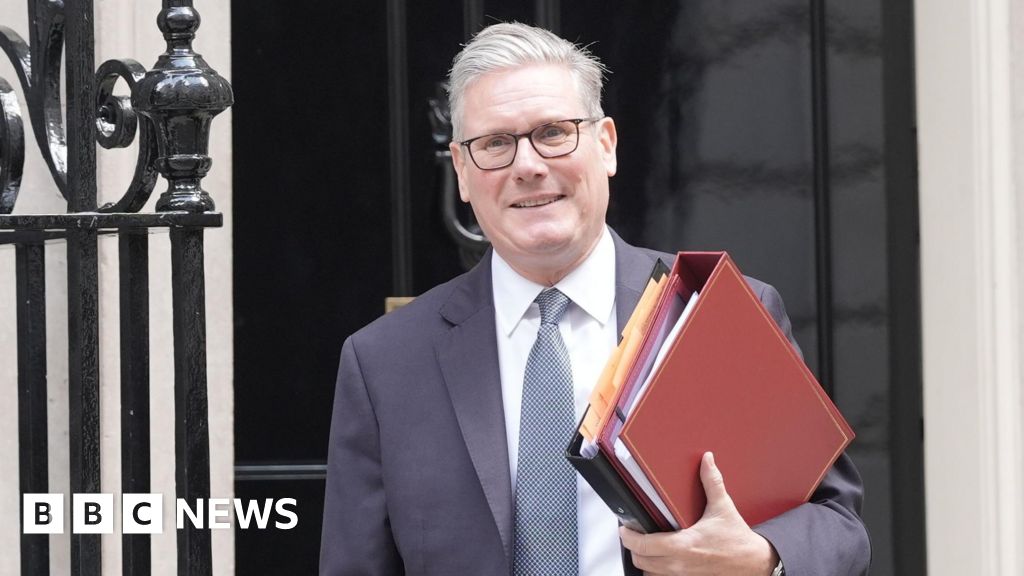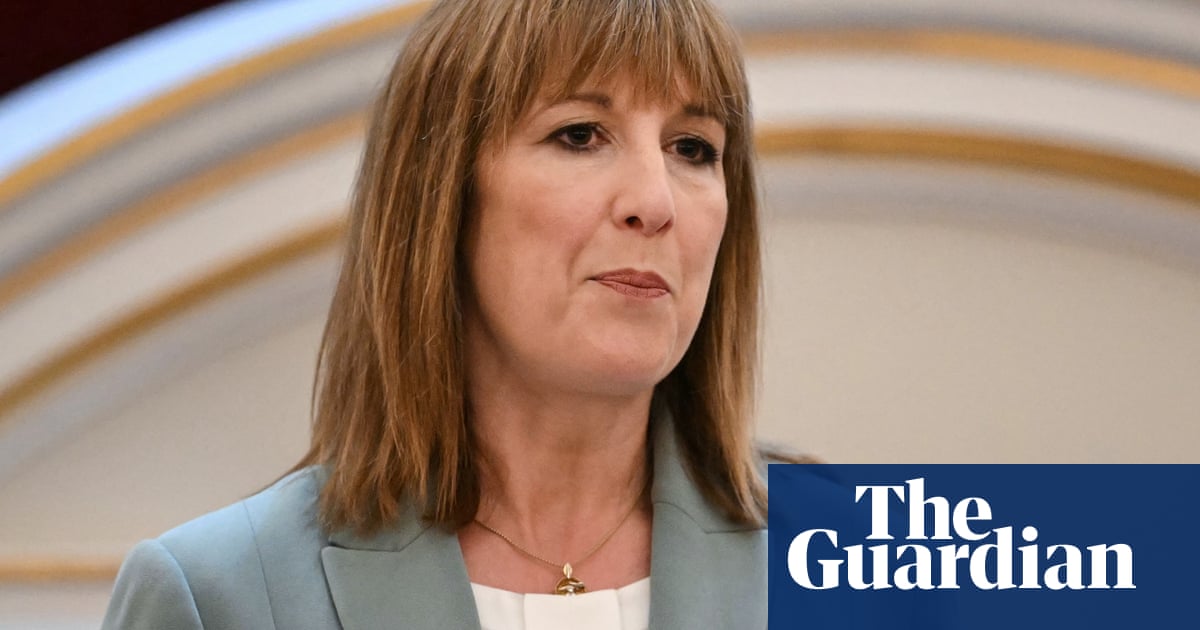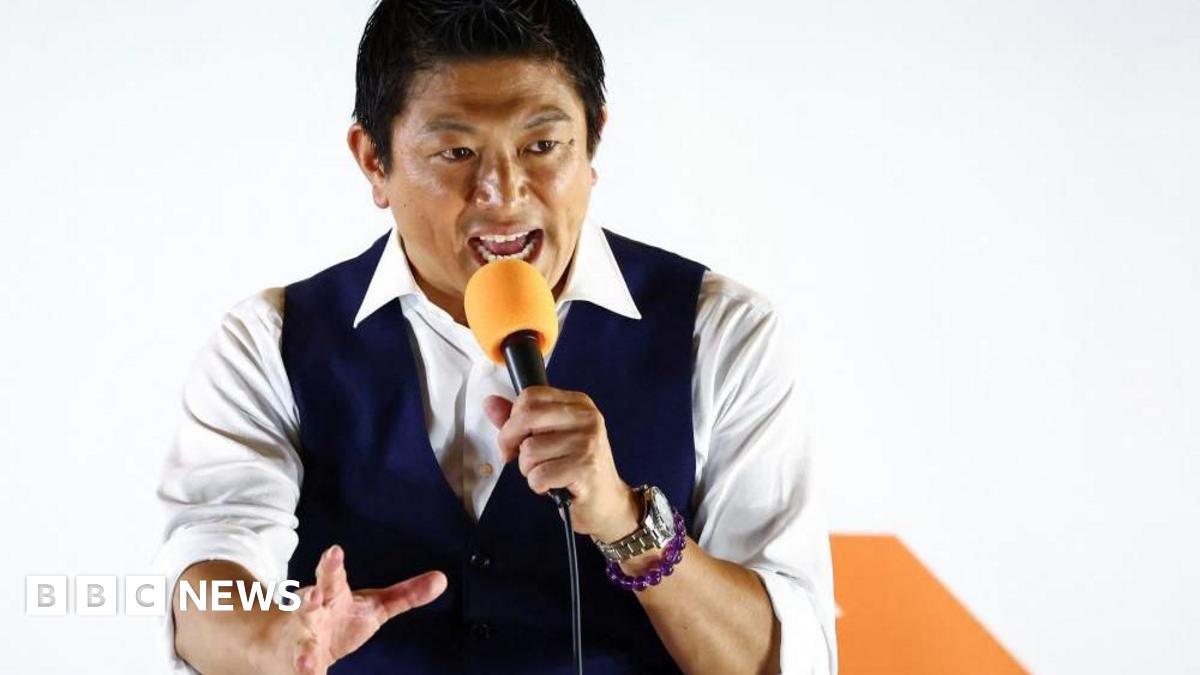T4K3.news
Ian Duncan apologizes for breaching House of Lords rules
The Conservative peer admitted to facilitating a ministerial meeting for Terrestrial Energy, violating the House's conduct rules.

Ian Duncan is under scrutiny for helping secure a ministerial meeting for a company he advises.
Conservative peer's breach of House of Lords rules raises concerns
Ian Duncan, a Conservative peer and deputy speaker of the House of Lords, has apologized for breaching parliamentary rules by facilitating a meeting between a Canadian energy firm and a UK minister. Duncan, who advises Terrestrial Energy, helped arrange the meeting between the company’s CEO and the energy minister. His actions were brought to light following a Guardian investigation into the conduct of members of the House of Lords. The House of Lords standards commissioner concluded that Duncan violated rules that prevent peers from profiting from their positions. This incident is part of a wider inquiry, with at least four other peers facing investigations into similar breaches of conduct. The rules state that no peer should offer parliamentary services for financial gain, regardless of personal relationships, a principle highlighted in the commissioner's ruling.
Key Takeaways
"The rule prohibiting peers from providing parliamentary services in return for payment is absolute."
This highlights the strict standards set for House of Lords members.
"Duncan stated he was not paid specifically for facilitating this introduction."
This reflects the blurred lines of personal relationships and financial incentives in politics.
"Margaret Obi emphasized that existing personal relationships do not provide exemptions for misconduct."
This underscores the necessity for clear boundaries in parliamentary conduct.
"I consider that this can reasonably be understood to have been an incentive or reward."
This captures the essence of the commissioner's ruling on Duncan's actions.
Duncan's case underscores the ongoing scrutiny of the conduct of members of the House of Lords, particularly regarding their relationships with private companies. His reliance on a personal connection to justify his actions brings to light the complexities of peer conduct and the potential for conflicts of interest. The ruling that the established rules apply regardless of personal ties points to a push for greater accountability within the chamber. Given the rise in public awareness of such breaches, there may be increasing pressure on the House of Lords to reform its standards and ensure proper governance.
Highlights
- Accountability in the House of Lords is more important than ever.
- Personal relationships do not excuse breaches of conduct.
- Transparency remains a crucial issue in parliamentary governance.
- Rules are in place to prevent conflicts of interest.
Concerns over ethical breaches in House of Lords
Ian Duncan's conduct raises critical questions about the ethics of peers profiting from their parliamentary roles. This incident may prompt significant public and political backlash, especially as other peers are also under investigation.
As scrutiny intensifies, the House of Lords may face calls for significant reforms.
Enjoyed this? Let your friends know!
Related News

UK creates Afghan relocation scheme after data breach

Labour MPs suspended for defying party leadership
Thousands of Afghans secretly resettled in the UK after data leak

Rachel Reeves warned on banking regulation changes

Revealing unethical medical experiments

Eni Aluko admits she was wrong to publicly criticize Ian Wright

New law will ban social media ads for small boat crossings

Sanseito wins more support in Japan's elections
